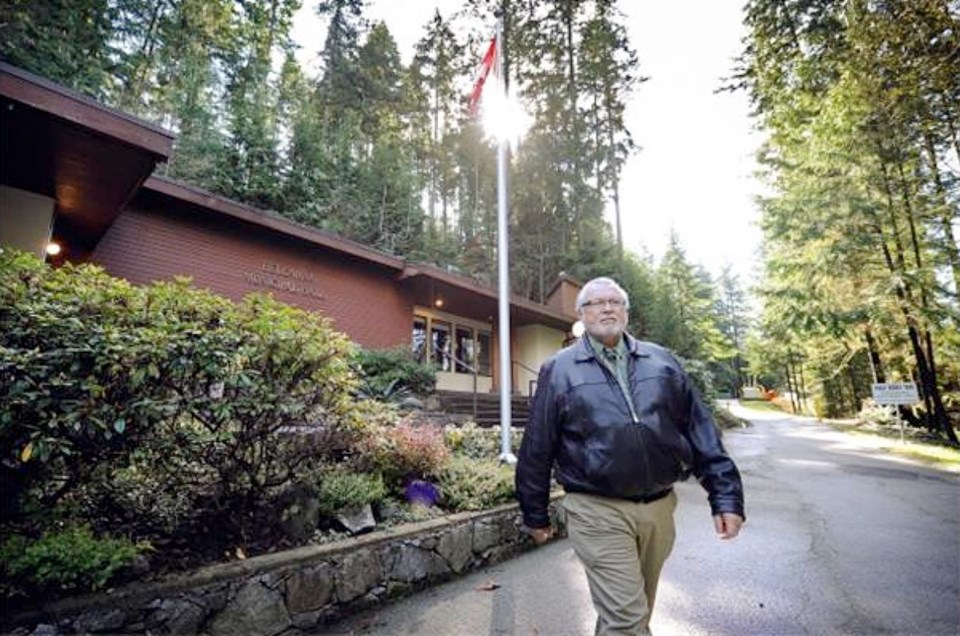BELCARRA — English will soon be required to do business with municipal staff in the Village of Belcarra.
Council has given three readings to a bylaw that stipulates a requirement for “Canadian English” on all written and oral dealings with the village, with final reading set for March 29.
Belcarra is a village on the shore of Indian Arm, a side inlet of Burrard Inlet, and is part of Metro Vancouver. It lies northwest of Port Moody.
Mayor Ralph Drew said the issue doesn’t come up that often, but the village’s six employees don’t have the time or the resources to provide translation.
“A person will come in. They can speak no English — [only] Mandarin or whatever — and expect the municipality to provide translation,” Drew said. “Or they come in and want to sign a document —and they give contact information and it’s all written in Mandarin.”
The bigger municipalities in the Lower Mainland provide services in multiple languages. Surrey City Hall staff can answer questions in about 170 languages, from Hindi to Russian, said spokesman Oliver Lum.
Richmond City Hall has staffers with various language skills who help out on an ad hoc basis, said spokesman Ted Townsend, with Cantonese and Mandarin the most commonly required languages.
But Belcarra, with a population of about 700, doesn’t have the resources for that, said Drew, the mayor for the past 33 years. During that time the population has barely grown at all in the village, sandwiched between Bedwell Bay on one side and Belcarra Regional Park on the other.
The head of a Vancouver group that helps immigrants settle in B.C. said she understands the village’s problem.
“They’re realistic about the resources they have,” said Queenie Choo, chief executive officer of SUCCESS, which among other things provides fee-based translation and interpretation services. “There’s no fault on their part.”
A second part of the new bylaw stipulates that any property owner seeking permits or other services from the municipality must provide detailed contact information.
Drew said that was necessary because of an increase in the number of properties owned by numbered companies: “You don’t have any information as to who it is, and you need to get hold of them.”
Drew cited an incident last fall in which a boat tied to a dock at a waterfront property sank and started leaking fuel. Port Metro Vancouver was eventually able to get a contact number for a lawyer who had acted for the company, and the lawyer was able to track down the owner in Hong Kong.
“All of this takes huge amounts of time,” Drew said.
Another case involved a contractor doing renovation work on a house this year without a permit. The village’s building inspector wanted to issue a stop-work order, but couldn’t locate the property owner.
“The contractor, he’s not particularly co-operative,” Drew said. “It took a month to eventually track down who it was we needed to send the legal notification to. … Particularly in a small office, you just can’t have staff spending hours and hours chasing after who the hell owns this place.”
In addition to changing its own rules, Belcarra wants the B.C. government to change the Land Title Act to require all property owners to give contact information, Drew said.
Belcarra will seek support for such a change from the Union of B.C. municipalities at its annual meeting this year.



